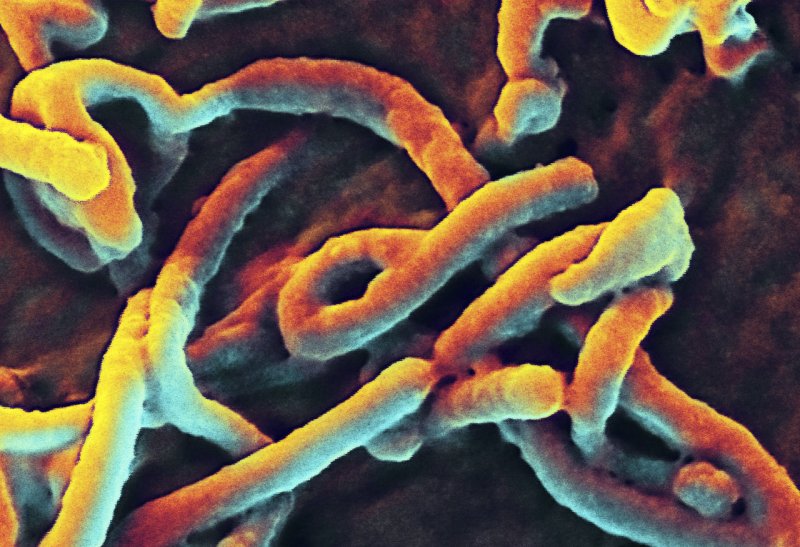UNITED NATIONS, Sept. 4 (UPI) -- The World Health Organization said budget cuts slowed its ability to respond to global outbreaks of diseases like the Ebola virus.
The United Nations agency reduced its concentration on emerging infectious diseases since the SARS epidemic of 2003. Non-governmental donations, from wealthy individuals and corporations, have similarly declined since.















